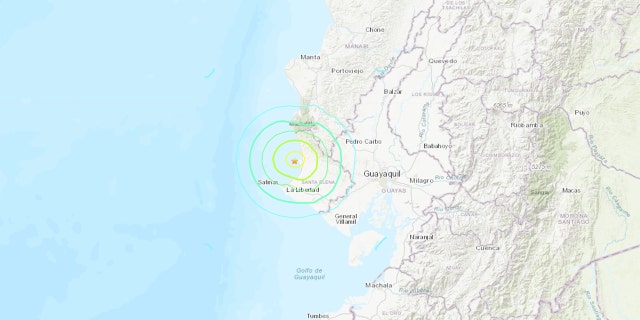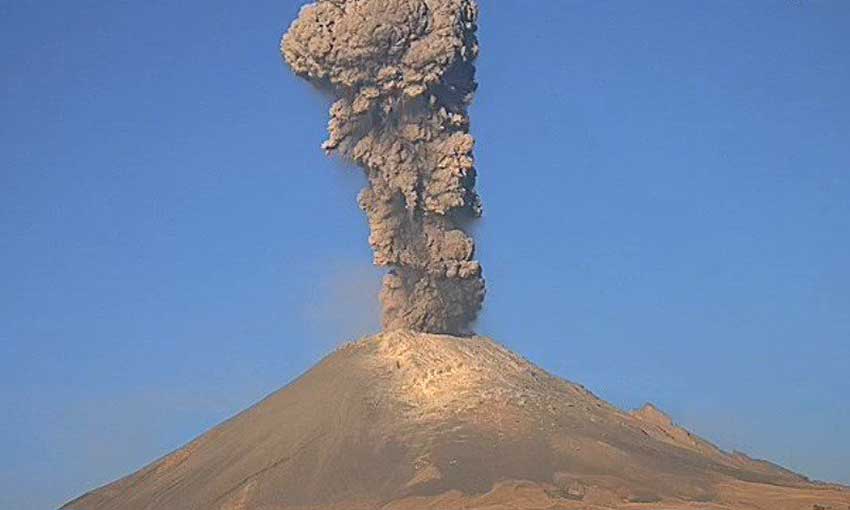In recent years, Russia has expressed an interest in getting involved in the Israeli-Palestinian conflict, due to its own regional and global interests of restoring its status as a superpower.
Hence Russian Foreign Minister Sergey Lavrov recently refloated the idea of hosting talks between Israel and the Palestinians in Moscow. Over the years, Moscow has on multiple occasions proposed advancing a peace agreement via a Moscow summit, but Israel has preferred to let the United States spearhead the process. The current Russian interest in the conflict is a reflection of Moscow's ambitions to establish a presence in the Middle East as a mediator, within the prism of a zero-sum game against the Americans, and amid the view that U.S. clout on the Arab street is waning.
Russia, from its perspective, assumes this activity is only beneficial: The cost, in any practical or abstract sense, is insignificant, and the expected returns of restoring Russia to prominence in the Arab and Muslim world are self-evident to the Kremlin.
Russia also illustrates its desire to be a mediator on the global stage by saying and doing certain things to paint itself as a critical cog in any peace process.
In recent months, as the American "deal of the century" has gained more exposure, Moscow has intensified its efforts to advance intra-Palestinian reconciliation, including repeatedly inviting Palestinian factions for talks in Moscow. Hamas is shunned to varying degrees by the U.S. and European Union, and Russia wants to signal it can hold dialogue with the PA and the regime in Gaza.
Moscow is grabbing the reins as the only mediator capable of communicating with all the Palestinian factions, especially when they are all united in opposing the "deal of the century"
The United States and Israel must assume from past experience that as the "deal of the century" approaches its deadline, two processes will take place. First, we can assume that ignoring Russia will provoke a Russian attempt to enlist an Arab and international lobby against the U.S. proposal.
Additionally, Russia will advance its own alternatives for resolving the conflict, which the Palestinians can view as a basis for negotiations, such as the summit in Moscow, the Quartet path or any other platform that will include Russia as a member of the international "club."
This situation makes it increasingly likely for a scenario to unfold in which Israel, not the Palestinians, is painted as the rejectionist side, particularly in light of the fact that a plan such as the one presented by Hamas in Moscow in completely unfeasible from Israel's perspective.
In all likelihood, if it were possible to establish an international framework for a peace accord, which would include Russia, such as the Quartet, it would probably rise to the forefront. Because, among other things, Russia has expanded its leverage with the Arab world and it very much wants to partake in the prestigious "club" of nations.

